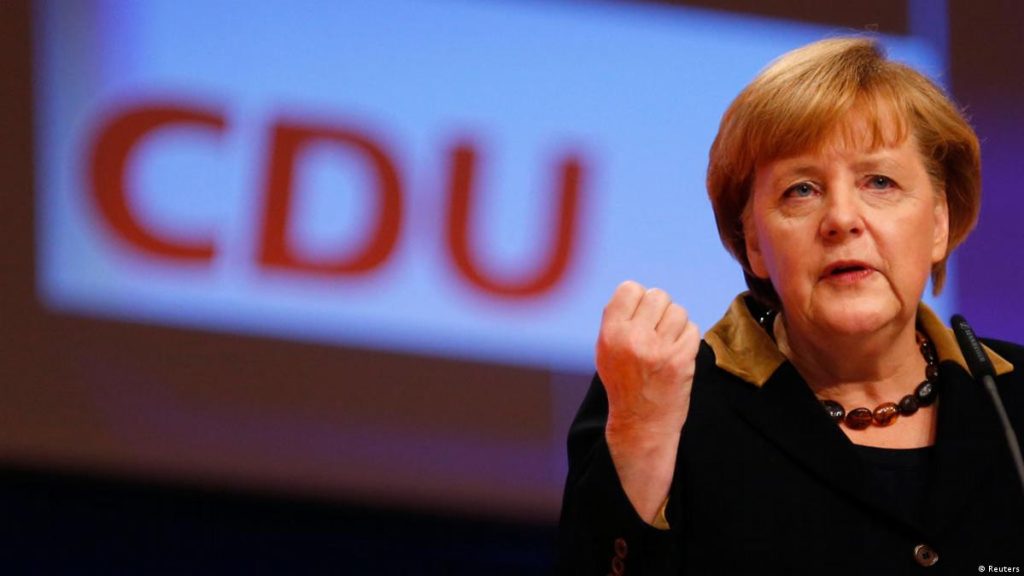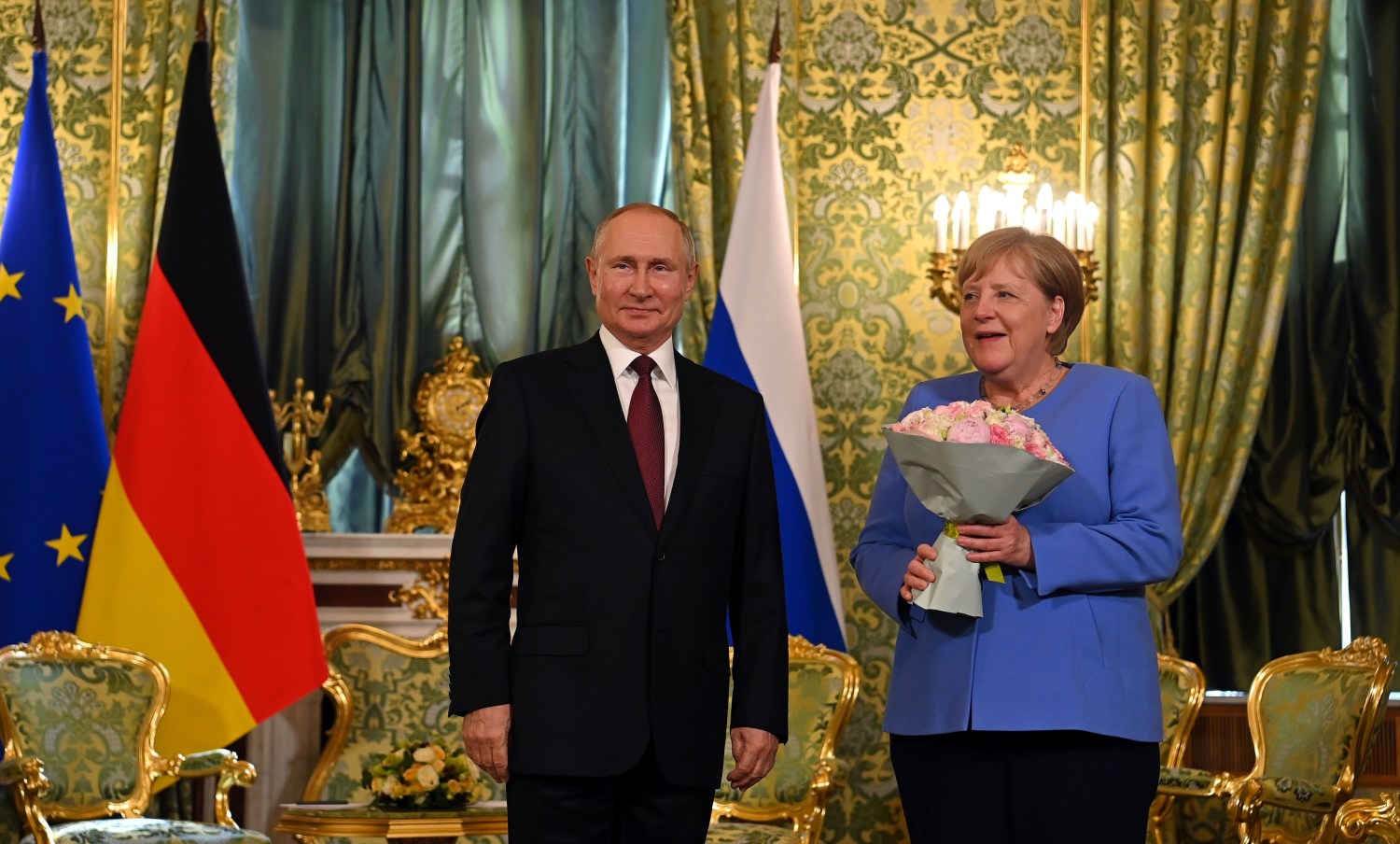Angela Merkel: The Architect of Modern Europe
3 min read
Introduction:
In the annals of global politics, Angela Merkel’s name stands as a beacon of stability, leadership, and resilience. As the Chancellor of Germany for 16 years, Merkel has steered her nation and the European Union through some of the most challenging times in recent history. In this in-depth feature for “Close-ups of Characters” magazine, we explore the life, achievements, and lasting impact of Angela Merkel, a stateswoman whose legacy has reshaped the course of modern Europe.

Early Life and Academic Excellence:
Born on July 17, 1954, in Hamburg, Angela Merkel demonstrated exceptional intellect and dedication from a young age. She pursued studies in physics at the University of Leipzig, earning a doctorate in quantum chemistry. Merkel’s rigorous academic background cultivated her analytical thinking and attention to detail, traits that would define her political career.
Entry into Politics and Leadership:
Angela Merkel entered politics in the wake of the fall of the Berlin Wall in 1989. Her political acumen and calm demeanor quickly earned her respect within the Christian Democratic Union (CDU). In 2000, she became the party’s first female chairperson, marking the beginning of her ascent to national prominence. Merkel’s leadership qualities and ability to bridge ideological gaps propelled her to the position of Chancellor in 2005.
Economic Stewardship and European Integration:
During her tenure as Chancellor, Merkel played a pivotal role in steering Germany’s economy through the global financial crisis of 2008. Her pragmatic approach and commitment to fiscal responsibility transformed Germany into an economic powerhouse, earning her the moniker “the world’s most powerful woman.” Merkel’s leadership extended to the European stage, where she advocated for closer European integration, notably during the Eurozone crisis, emphasizing the importance of unity and cooperation.
Refugee Crisis and Compassionate Leadership:
One of the defining moments of Merkel’s leadership was her response to the refugee crisis in 2015. Despite facing political backlash, she demonstrated unwavering compassion by welcoming hundreds of thousands of refugees, showcasing Germany’s humanitarian spirit. Merkel’s decision, rooted in empathy and moral responsibility, solidified her reputation as a compassionate leader on the global stage.
Global Diplomacy and International Influence:
Angela Merkel’s diplomatic finesse and negotiation skills made her a respected figure in international affairs. She played a crucial role in shaping European Union policies, fostering transatlantic relations, and advocating for climate change mitigation. Merkel’s ability to navigate complex geopolitical landscapes earned her the admiration of world leaders and established her as a key player in global diplomacy.
Legacy and Enduring Impact:
As Angela Merkel’s tenure as Chancellor came to an end in 2021, her legacy as a pragmatic, empathetic, and visionary leader became evident. She left behind a transformed Germany, a stronger European Union, and a world influenced by her steady hand and unwavering commitment to democratic values. Merkel’s legacy serves as an inspiration, reminding us of the importance of strong, principled leadership in shaping a better future for generations to come.
Conclusion:
Angela Merkel’s legacy is etched in the annals of history as that of a stateswoman who led with compassion, intelligence, and foresight. Her ability to navigate complex challenges, foster unity, and uphold democratic values has left an indelible mark on modern Europe and the global political landscape. As we reflect on her achievements, we are reminded of the transformative power of leadership, empathy, and unwavering dedication to the greater good. Angela Merkel’s story serves as a testament to the enduring impact one individual can make on the world stage, inspiring us all to strive for excellence and positive change.






